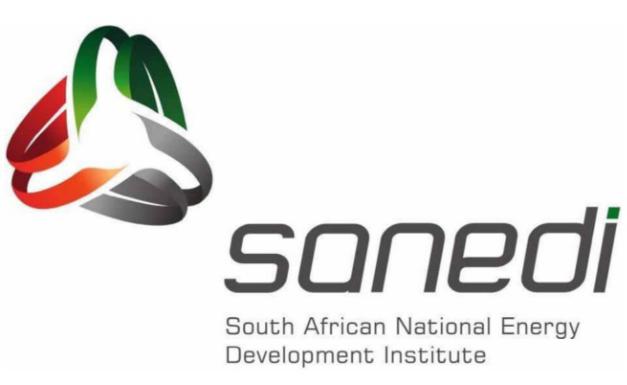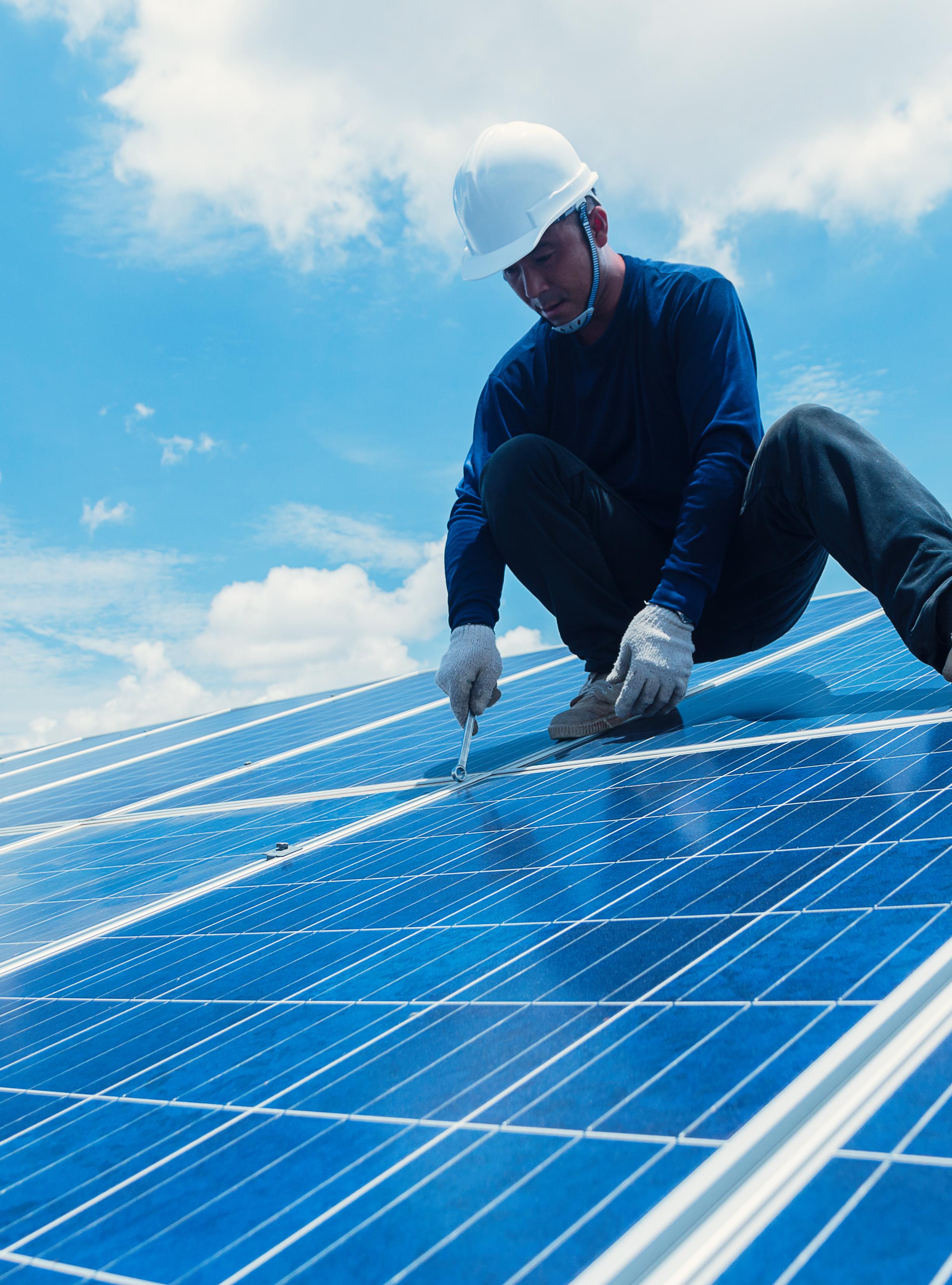
3 minute read
INTERVIEWS | SANEDI’S ENERGY DEVELOPMENT AGENDA IS A KEY PART OF OUR COUNTRY’S ENERGY JOURNEY
With the importance of energy efficiency accelerated in the face of ongoing loadshedding, the South African National Energy Development Institute (SANEDI) has a critical role to play in the development of future energy systems, and in transforming energy usage at industrial and household level.
Advertisement
“This is not a problem that we can just leave to someone else to fix. We have to collectively acknowledge that our resources are finite, and commit to using energy in a more responsible manner, while actively switching to sustainable energy-efficient solutions,” says Dr Karen Surridge, SANEDI’s Acting General Manager for Energy Efficiency.
Established in 2011 under the National Energy Act of 2008, SANEDI’s energy development agenda is a key part of the national energy journey, focusing on initiatives that foreground technology advancements and innovations that reduce costs, and demand on the grid.
“We are focused on integrating technology and changing behaviour through real-life data modelling that illustrates the broad benefits of sustainable energy-efficient solutions, and demonstrate why this is an area that we all need to be taking more seriously,” Surridge says.
Dr Karen Surridge, SANEDI’s acting general manager for energy efficiency
Q&A
1. Tell us about the world’s available energy sources, and why renewable energy is such a priority?
“There are three sources of energy – fossil fuels, renewables and nuclear. And while the move to renewables is desirable from a ‘green’ perspective, the more important driver is the fact that if we don’t pursue alternatives, we are going to run out of fossil fuels. The more we rely on them, the faster we will use them up, so we really need to be paying more attention to alternatives like solar and wind, both of which we are very lucky to have in abundance in South Africa. In addition, solar and wind energy is also more cost-effective in the longer term, which should boost its appeal.”
2. Behaviour change is very difficult. How easy is it really for individuals and companies to become more resource efficient?
“Firstly, people need to understand that when they conserve electricity, they’re saving themselves money. There are so many things that each of us can do to make a difference. If every per‐son, in a residential or commercial building, just switched off the lights and geysers when they’re not using them, the collective impact on the grid would be huge. If the whole country switched off their residential geysers while they’re at work, for example, the current loadshedding would probably not be necessary.”
3. What are some of the proactive energy-efficiency changes that South Africans should be making at home and at work?
“There are many examples. Companies can install LED energy-effi‐cient commercial lights that could even switch off automatically when people leave the room. For geysers and urns, install timers to ensure they’re switched off outside of working hours. I’m not talking about completely refitting your commercial building. When things break or reach end of life, make sure the replacements are rated A or higher for energy efficiency. In our homes, switch to LED lighting and solar geysers, which in combination will cut residential electricity usage by up to 50%, putting money back into people’s pockets and benefiting the country’s economy and grid.”
4. Can you tell us about one of the exciting projects that SANEDI is working on currently?
“Through our Cool Surfaces Project, we are working to fulfil South Africa’s need for an energy-passive, low cost and low maintenance cooling technology for buildings. In informal settle‐ments in Cape Town and Tshwane, as well as across military facil‐ities in Limpopo, we are resurfacing walls and roofs with cool surface technology to achieve significantly reduced indoor tem‐peratures and carbon emissions. In addition, the treatment in‐creases the longevity of equipment and includes fire-retardant properties. in a positive spin-off, issues of skills building, gender mainstreaming and SMME development are also being ad‐dressed, alongside the generation of scientific data in South Africa that is applicable to business case development for the country. This is an example of how SANEDI quantifies broadbased impact to create models that prove the real-life value of such interventions, to encourage broader uptake and use.”












